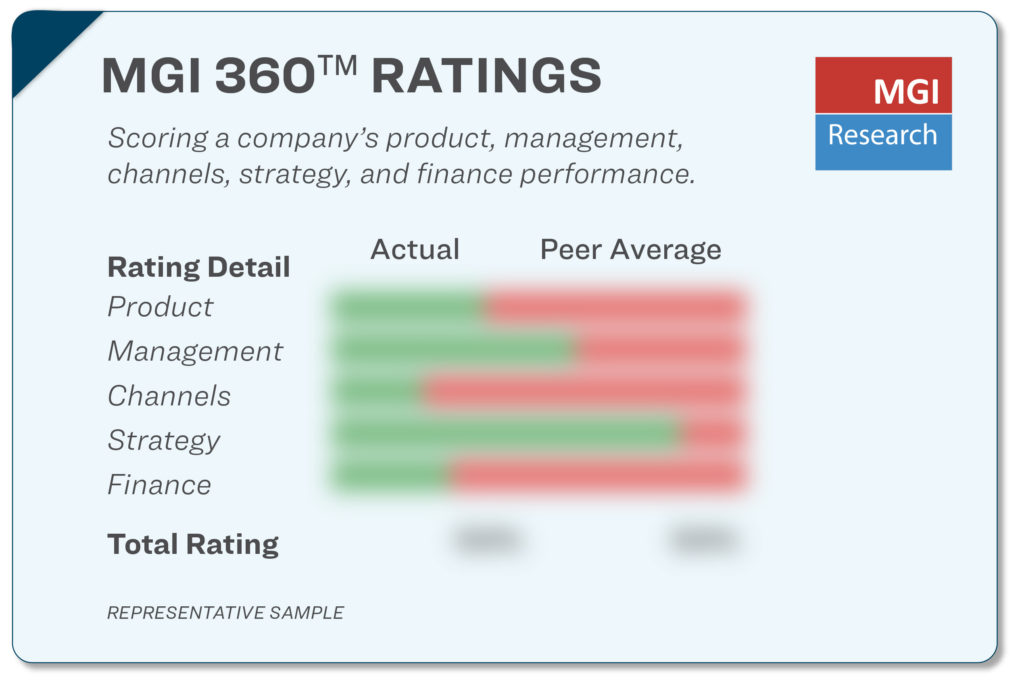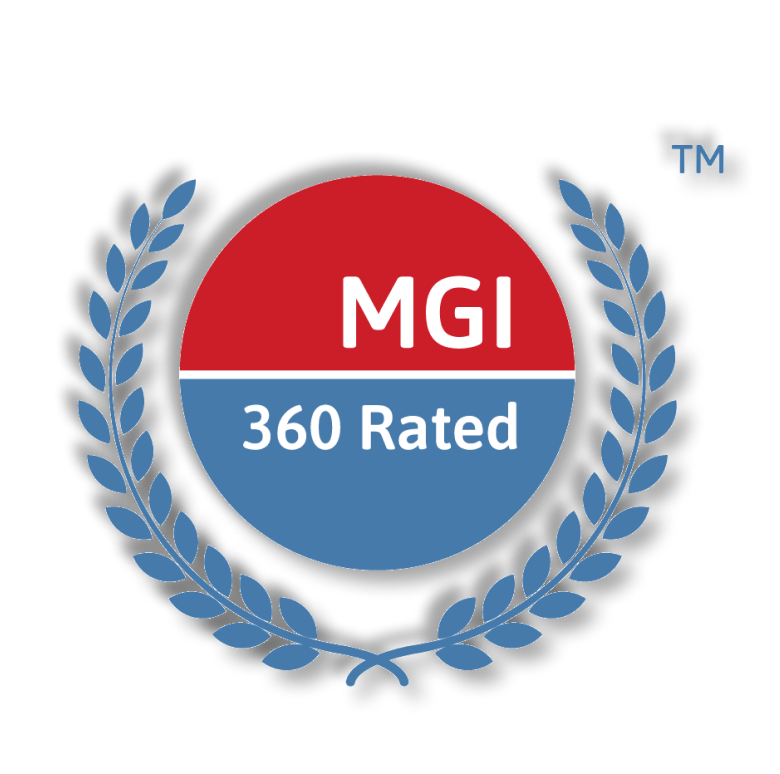OPINION: On July 29, 2014, Ericsson acquired MetraTech for an undisclosed amount. The latter has become a division of Ericsson which is itself moving into software and services play beyond telecom. MetraTech will become a core Ericsson product outside of telecom, and Metanga (the SaaS version of the product) is being reworked. The deal opens up a much larger global channel for MetraTech but also places significant demand on its time from within its new parent. If Ericsson can maintain MetraTech as a true product company as opposed to a loss leader, then the outlook for the company will remain bright. Whether Ericsson can retain MetraTech’s 140 employees and its level of investment in direct sales, marketing, and a timely re-release of Metanga will be key indicators of its ability to successfully absorb the company. We reiterate our view of MetraTech as a very capable metadata-based supplier of real-time billing functionality that can cover highly complex use case scenarios. With some of the deepest domain expertise in the billing software market, MetraTech is capable of addressing a wide range of needs in providing billing and monetization management solutions for mid-size to large organizations. It is not a good fit for small organizations under $10 million in revenues seeking an off-the-shelf, self-service solution. Among its peer group, MetraTech has the most international implementations across a broad range of industries such as cloud infrastructure, financial services, and transportation (among others).
COMPETITORS: Aria Systems, BillingPlatform, Ensim, goTransverse, Monexa (Netsuite), Oracle, RedKnee, SAP, Zuora, and a handful of larger billing management systems. MetraTech’s multi-tenant SaaS offering competes with the low-end recurring billing management solutions. See MGI Research’s Market Rating Report for full ratings and long-list/short-list competitors.



